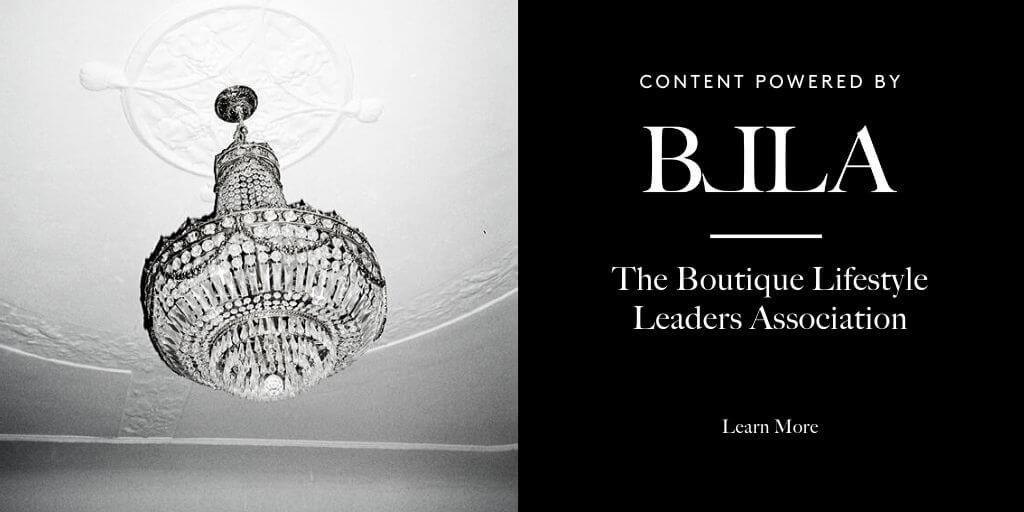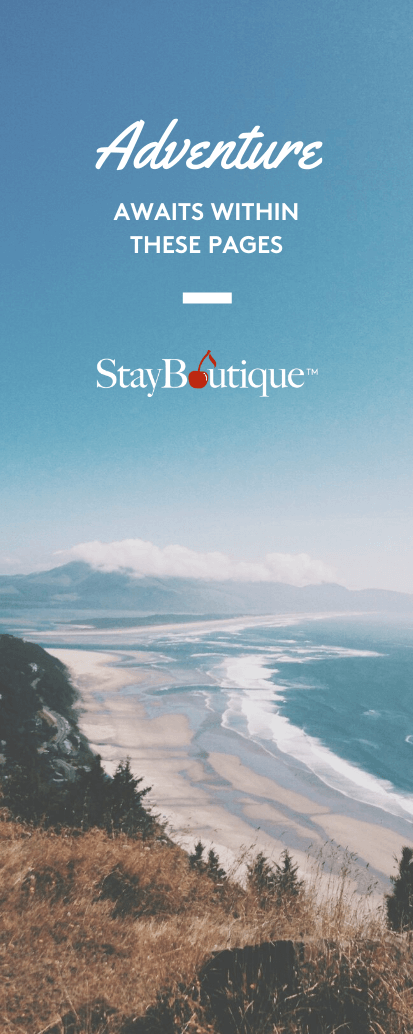On April 16, BLLA produced The Boutique Hotel’s Crisis Guide to Travel, which you can watch on our Youtube page.
We took some of the questions from the audience and sent them to three of our experts in the travel industry.
The Experts
Timothy O’Neil-Dunne, Principal, 777 Partners
Alex Sharpe, President & CEO, Signature Travel Network
Anastasia Mann, Chairman & CEO, Corniche Travel

I have three questions
1.What about digital marketing right now?
2.How should our marketing message change?
3.What do you foresee coming back first – business, leisure, weddings…
TOD:
1. Any engagement is good engagement at this point. Try however not to spam or be preachy. Avoid the obvious. It’s been said already. Being on point means that honesty and truth will command respect. Authenticity is critical. As an aside – this may sound counter-intuitive to what BLLA is doing. Be judicious with webinars. Remember that reading takes about 25% of the time of speaking. (Unless you are an auctioneer) comprehension from listening and reading are different. So bear that in mind.
2. The most important message to get across when dealing with strange times – reinforce the safety aspect of any message – also personalization is even more important – goes along with authenticity. Dear Mr X is not a good thing to say ….
3. VFR. Visiting friends and relatives. I believe that this has always been the underlying trend of travel that people want to engage. Call it the Christmas effect. Going “home” to meet the family is going to be an overwhelming urge to see friends and family in person.
AS:
1. Inspire and inform. Make them dream and position yourself as the expert, ready to help when they are ready.
2. In time, it will be an invitation to return, but will have to include the duty of care pieces to give folks peace of mind.
3. Essential business and leisure (more local), then expanding out. Full business travel won’t return until financial recovery is well under way.
AM: Right off the top, may I ask you (as hoteliers) not to send too many messages to TMCs right now. We are inundated. Many emails just get deleted instantly because we must move on to issues that can affect our employees and the status of the industry in general. I am saying this as a business owner. It may be different for ICs or even my employee travel advisors who are working fewer hours… But we have given everyone numerous training assignments to complete during this period – getting everyone up to date, The digital messages I am appreciating are those we can share with our clients & post on our Facebook page, for example, that offer a brief experience in a VERY short video format that can give viewers (including my staff) some ideas for future leisure travel – this can even inspire our corporate clients as well -they take vacations. But it must be short and not a tour of hotel rooms – more about the assets of the area/destination… You can work with your DMOs on this, tourist bureaus…
What do you define as “recovery”. Is it when travel opens up? Is it when occupancy returns? Interesting how we define it.
TOD: Have a look at my 7 stages. I define it a lot more precisely.
AS: I look at the start of recovery as when people start booking or at least considering booking.
AM: That’s a big call… How long does it take to recover from surgery? Doctors can give you estimates, of course, based on averages. This is a totally new scenario. Recovery will start for TMCs/Travel Advisors at the same rate it will start for hotels… But its vague because in the US – as well as other countries – there are varying projections as to when we will “start up”. Travel is different from a restaurant, obviously. They can “open” within a couple of weeks notice – the locals are anxious to get out of their houses. A hotel can take longer – there is a lot to do to re-open. And to whom? The guest must be able to get there from numerous departure cities, etc. Of course “when occupancy” returns you are well on your way to recovery.
What type of things operationally that you think will matter most and build confidence to the consumer and corporate clients that hotels need to change and be ready for post covid?
TOD: There is no “business as usual”. The new normal has obliterated that. Initially travelers are going to be quite frightened by the situation so allaying fears must be considered in broad context. Avoiding large congregations of people will be important. Do what the airlines have done to ensure their aircraft are clean. Addressing the “blue light” issue is something that should be considered. At the end of the day “safe” means different things to different people. As a hotelier – you must project an authentic message of “we are safe”.
AS: Clear messaging on cleanliness, safety and flexibility should the world start to change again. I think boutique hotels will certainly have a leg up here with a smaller, more intimate property with caring personal service. Folks will be willing to spend again, but they will be careful about how/when they put themselves in a position to have non-refundable payments, etc… they just witnessed the world turn on its head in an instant.
AM: There is a lot of talk now about security for the health of visitors. What does that mean? Taking temperatures as people enter? Will that do it? I don’t think that is realistic for leisure travelers. If someone plans a trip to Italy or even across country by car – and they arrive ready to relax and enjoy a destination – are you going to turn them away if they show a temperature of 99 or 100 degrees? There are many reasons why people can spike a temporary temperature. Stress can do it, exterior heat can do it. Drinking a hot cup of tea can do it. My belief is that when the numbers of deaths decrease to near zero from COVID 19 – across the globe – you will see the largest return of both business and leisure travel. The health experts have to separate other forms of death from these numbers. I don’t think it is in the power of a single hotel to accomplish this. The airlines come first – in maintaining their “new protocol” for cleanliness and disinfection. It will take time before group travel and events return in any substantial numbers.
All of this screams, reduce the actual physical touch points, but does it increase the importance of the GM or Chef in interacting with guests as the authoritative and comforting leader?
TOD: Someone in charge who is able to speak with gravitas. IE the antithesis of Basil Fawlty.
AS: It makes it even more important. Someone looking after them, maintaining standards. There is always a comfort for the guests when the “boss” is around as they perceive no one has short cut a process. It’s truly what makes these smaller boutique hotels special.
AM: It does not – in fact those execs reduce their visibility to guests it’s a sign of insecurity…
Will we need a certified clean offering from the hotels?
TOD: chances of this happening is slim in the near term. I believe just telling people what you are doing makes a lot of sense. For the hotel room – if I had a magic wand I would say – the blue light test is the best one.
AS: I do think it will help. Think NY restaurant health inspectors. Restaurants without A ratings simply don’t make it in that competitive landscape and they display their rating in the window (by law).
AM: That’s a tough call. Who knows? It may be decided by each city or county’s community health care czar. Or Mayor. Who has that power to inspect every hotel room or public area? The individual hotel will have to set its standards and see to it that they are followed daily.. not just for guests or employees but to avoid potential liability. A guest could also unknowingly –(showing no symptoms) – arrive carrying an illness – not just this one.
Can anyone on the panel share their outlook on the SW region, specifically AZ. Also, any unique strategies on how a small boutique hotel can market as a drive to destination in the current environment?
TOD: While I have been in the Sun Valley and Tucson area many times – I am not really qualified to answer this. However, I suggest looking at the data from STR to help. It’s going to be tough all round. Watch for airport traffic as an indicator.
Trying to drive specifically for your destination on its own is also a big challenge. There are very few models of single destination marketing. My advice is to work with your local DMO and your fellow supply side partners.
AS: I would start with the travel agencies in that region. They have probably been to your property for a meeting in the past, but they might not have focused on selling close to home before, but will need to in the wake of the recovery. Their database would be extremely valuable and there might possibly be some additional partnership opportunities with other regional high end stores/boutiques you can make along with the travel agency.
AM: This is a good question – a lot of people will explore “drive to” mini-vacations. I used to have a program for our “local” hotel partners to come up with 2, 3, 4 day mini trips that we could push out to our clients – this is a POSITIVE way to start – wherever you are. AZ has the other issue of timing, because your summers are HOT – so you have to be creative… you have beautiful evenings (not unlike Palm Springs) where the night activities are so lovely – swimming at night, BBQs, etc.

